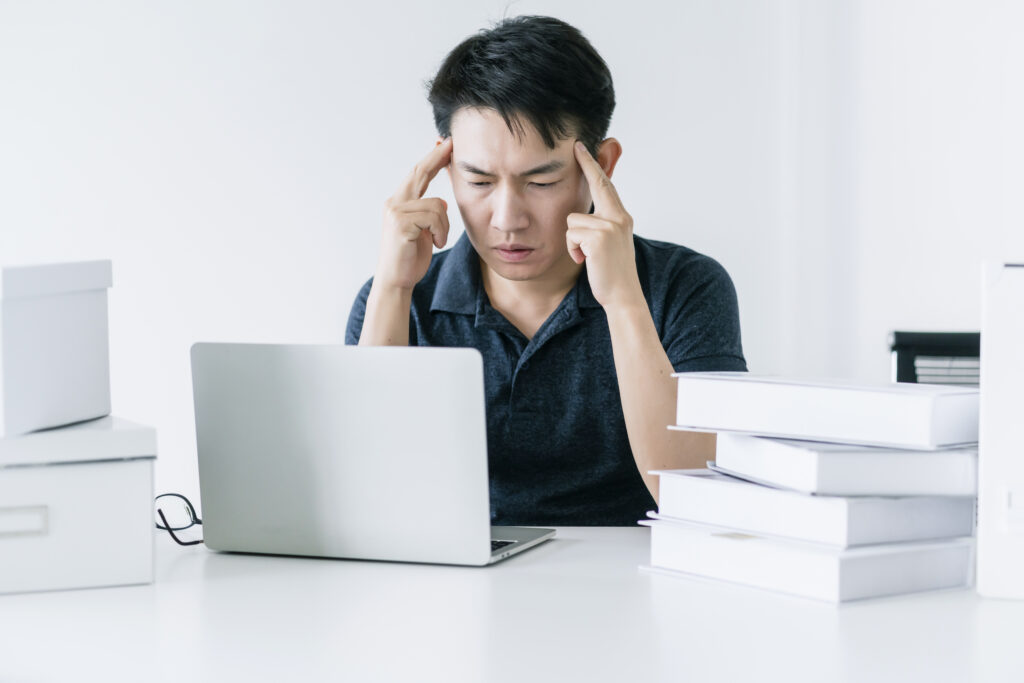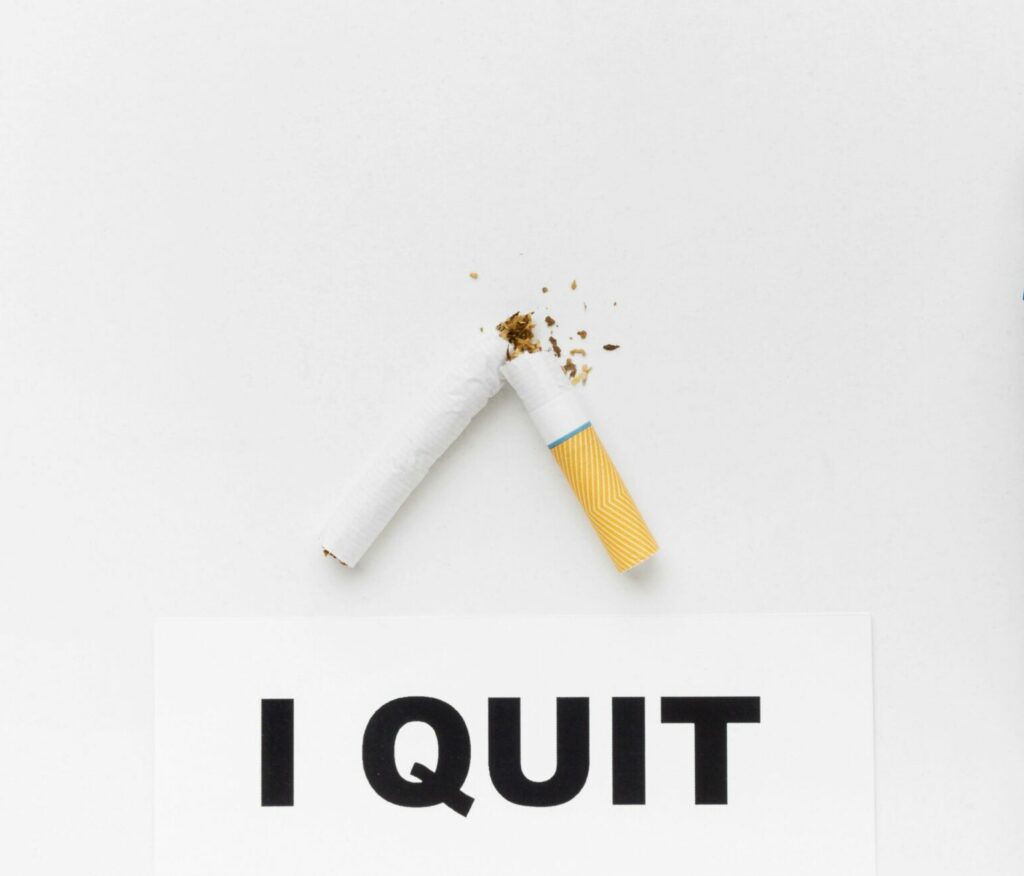Addiction is a complex, chronic brain condition influenced by genes and the environment that is characterized by substance use or compulsive actions that continue despite harmful consequences.
For a long time, addiction meant an uncontrollable habit of using alcohol or other drugs. More recently, the concept of addiction has expanded to include behaviours addictions, such as gambling, as well as substances, and even ordinary and necessary activities, such as exercise addiction, eating–food addiction (binge eating disorder), social media, internet addiction, and even smartphone addiction.
Do you find yourself mindlessly passing time on a regular basis by staring at your cell phone? Or When you eat your meals, is your cell phone always part of the table place setting?
If yes, this may be a sign of behavioural addiction.
What is smartphone addiction?
Smartphone addiction, sometimes colloquially known as “nomophobia” (fear of being without a mobile phone), is often fuelled by an Internet overuse problem or Internet addiction disorder. After all, it’s rarely the phone or tablet itself that creates the compulsion, but rather the games, apps, and online worlds it connects us to.
Smartphone addiction can encompass a variety of impulse-control problems, including:
Virtual relationships. Addiction to social networking, dating apps, texting, and messaging can extend to the point where virtual, online friends become more important than real-life relationships. We’ve all seen the couples sitting together in a restaurant ignoring each other and engaging with their smartphones instead.
Information overload. Compulsive web surfing, watching videos, playing games, or checking news feeds can lead to lower productivity at work or school and isolate you for hours at a time. Compulsive use of the Internet and smartphone apps can cause you to neglect other aspects of your life, from real-world relationships to hobbies and social pursuits.
Cybersex addiction. Compulsive use of Internet pornography, sexting, nude-swapping, or adult messaging services can negatively impact your real-life intimate relationships and overall emotional health.
Online compulsions, such as gaming, gambling, stock trading, online shopping, or bidding on auction sites like eBay can often lead to financial and job-related problems. While gambling addiction has been a well-documented problem for years, the availability of Internet gambling has made gambling far more accessible. Compulsive stock trading or online shopping can be just as financially and socially damaging. eBay addicts may wake up at strange hours in order to be online for the last remaining minutes of an auction. You may purchase things you don’t need and can’t afford just to experience the excitement of placing the winning bid.
Cause and Effects of smartphone /internet addiction impact your life by:
- Increasing loneliness and depression. While it may seem that losing yourself online will temporarily make feelings such as loneliness, depression, and boredom evaporate into thin air, it can actually make you feel even worse. A 2014 study found a correlation between high social media usage and depression and anxiety. Users, especially teens, tend to compare themselves unfavourably with their peers on social media, promoting feelings of loneliness and depression.
- Fuelling anxiety. One researcher found that the mere presence of a phone in a workplace tends to make people more anxious and perform poorly on given tasks. The heavier a person’s phone use, the greater the anxiety they experienced.
- Increasing stress. Using a smartphone for work often means work bleeds into your home and personal life. You feel the pressure to always be on, never out of touch from work. This need to continually check and respond to emails can contribute to higher stress levels and even burnout.
- Exacerbating attention deficit disorders. The constant stream of messages and information from a smartphone can overwhelm the brain and make it impossible to focus attention on any one thing for more than a few minutes without feeling compelled to move on to something else.
- Diminishing your ability to concentrate and think deeply or creatively. The persistent buzz, ping or beep of your smartphone can distract you from important tasks, slow your work, and interrupt those quiet moments that are so crucial to creativity and problem-solving. Instead of ever being alone with our thoughts, we’re now always online and connected.
- Disturbing your sleep and disrupting sleep, which can have a serious impact on your overall mental health. It can impact your memory, affect your ability to think clearly and reduce your cognitive and learning skills.
- Encouraging self-absorption. A UK study found that people who spend a lot of time on social media are more likely to display negative personality traits such as narcissism. Snapping endless selfies, and posting all your thoughts or details about your life can create an unhealthy self-centeredness, distancing you from real-life relationships and making it harder to cope with stress.
Warning signs of smartphone or Internet overuse include :
- Trouble completing tasks at work or home.
- Isolation from family and friends.
- Concealing your smartphone use. Sneaking off to a quiet place to use your phone.
- Having a “fear of missing out” ( FOMO) – Compulsively check social media because you’re anxious that others are having a better time, or leading a more exciting life than you. Waking up at night to check your phone.
- Feeling of dread, anxiety, or panic if you leave your smartphone at home.
Self-help tips for smartphone addiction:
- Set goals for when you can use your smartphone. For example, you might schedule use for certain times of day, or you could reward yourself with a certain amount of time on your phone once you’ve completed a homework assignment or finished a chore, for instance.
- Turn off your phone at certain times of the day, such as when you’re driving, in a meeting, at the gym, having dinner, or playing with your kids. Don’t take your phone with you to the bathroom.
- Don’t bring your phone or tablet to bed. The blue light emitted by the screens can disrupt your sleep if used within two hours of bedtime. Turn devices off and leave them in another room overnight to charge.
- Replace your smartphone use with healthier activities. If you are bored and lonely, resisting the urge to use your smartphone can be very difficult. Have a plan for other ways to fill the time, such as meditating, reading a book, or chatting with friends in person.
- Play the “phone stack” game. If your friends are also smartphone addicts, when you’re having lunch, dinner, or drinks together, have everyone place their smartphones face down on the table. Even as the phones buzz and beep, no one is allowed to grab their device. If someone can’t resist checking their phone, that person has to pay for everyone’s meal.
- Remove social media apps from your phone so you can only check Facebook, Twitter and the like from your computer.
- Limit checks. If you compulsively check your phone every few minutes, wean yourself off by limiting your checks to once every 15 minutes. Then once every 30 minutes, then once an hour. If you need help, there are apps that can automatically limit when you’re able to access your phone.
- Curb your fear of missing out. Accept that by limiting your smartphone use, you’re likely going to miss out on certain invitations, breaking news, or new gossip. There is so much information available on the Internet, it’s almost impossible to stay on top of everything, anyway. Accepting this can be liberating and help break your reliance on technology.












